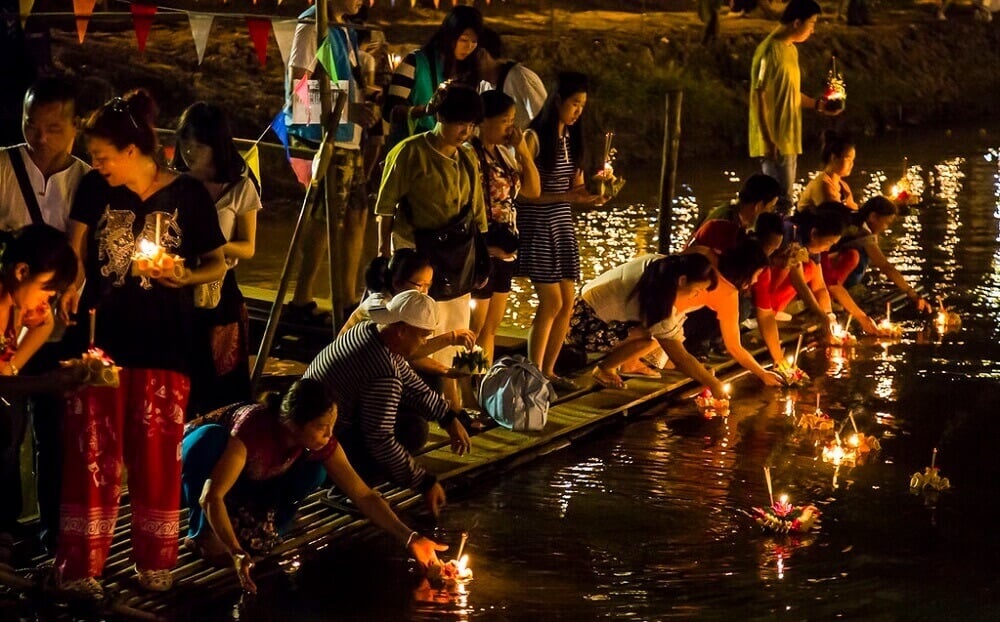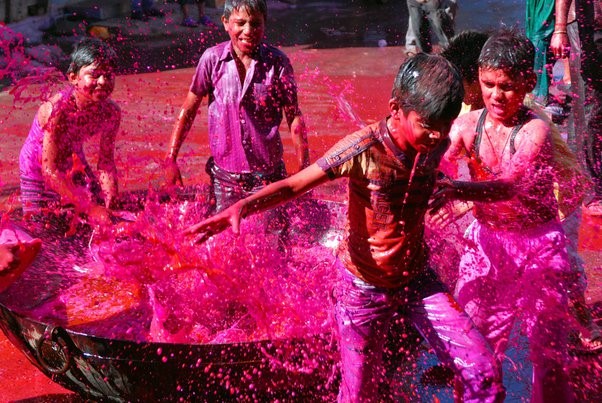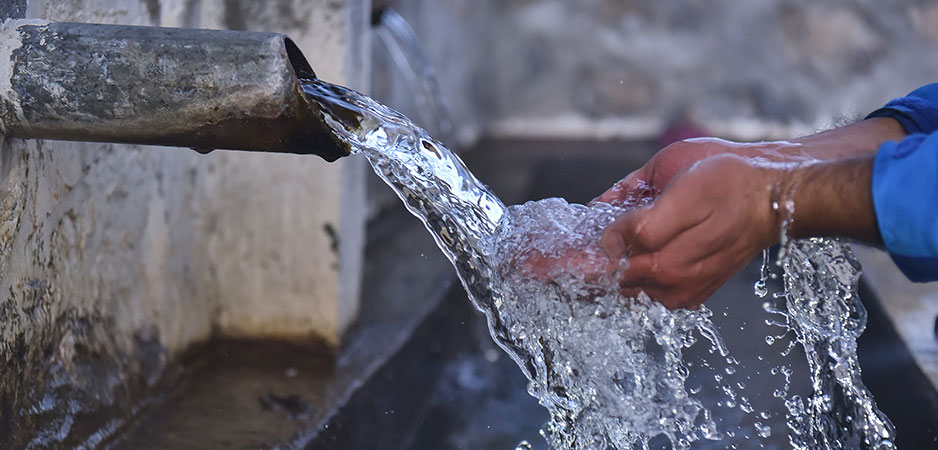
Introduction:
Water is an indispensable element of Indian festivals and events, where large gatherings and rituals often necessitate careful planning for adequate supply and quality. Whether it’s for Holi, Diwali, Navratri, or any other celebration, ensuring a robust water storage system is crucial to avoid shortages and maintain hygiene standards. Here are essential tips to prepare your water storage system effectively.
Assess and Increase Storage Capacity:
Before any festival or event, assess your current water storage capacity Determine the average water consumption per person and then multiply that figure by the anticipated number of attendees. It’s advisable to increase your storage capacity temporarily by utilizing additional tanks or containers. This proactive measure ensures that you have ample water to cater to everyone’s needs throughout the event without running out unexpectedly.
Ensure Water Quality:
With increased demand, maintaining water quality becomes paramount. Start by cleaning all storage tanks thoroughly. Remove any sediment or algae buildup and disinfect tanks using appropriate sanitizing agents recommended for potable water. Consider installing filtration systems or using purification tablets to further enhance water quality. Regularly test the water to ensure it meets safety standards, especially if it’s being used for drinking or cooking purposes during the festivities.
Plan for Contingencies:
Prepare for unforeseen circumstances by having backup water sources readily available. This could include arranging for water tankers or identifying nearby sources of clean water in case of emergencies or unexpected shortages. Having a contingency plan ensures that even if something disrupts your primary water supply, you can quickly resolve the issue without impacting the event or festival activities.

Promote Water Conservation:
Encourage attendees to use water judiciously. Provide signage or announcements promoting water conservation practices such as using water-efficient taps, avoiding unnecessary wastage during rituals, and disposing of used water responsibly. Educating participants about the importance of conserving water not only ensures sustainability but also helps in maintaining a continuous and adequate supply throughout the event.
Monitor and Maintain Hygiene Standards:
Regularly monitor the condition of water storage facilities during the festival. Check for leaks, contamination risks, or any signs of deterioration. Keep the surroundings clean to prevent debris or pollutants from entering the water storage area. Implement a schedule for periodic maintenance tasks such as tank cleaning, filter replacement, and water quality testing to uphold hygiene standards and ensure the safety of all participants.
Coordinate with Local Authorities:
For larger events, coordinate with local authorities or municipal bodies responsible for water supply. Inform them about the expected increase in water demand during the festival period. Seek their advice on managing water logistics and ensure compliance with any regulations regarding water usage and storage capacity. Collaboration with local authorities can also facilitate quicker responses to any water-related emergencies that may arise.
Educate and Involve Participants:
Lastly, involve the community in maintaining a sustainable water management approach. Educate participants about the significance of water conservation in cultural festivities. Encourage them to contribute by reporting any water-related issues promptly and participating in initiatives aimed at preserving water resources for future generations.

Conclusion:
preparing your water storage system for Indian festivals and events involves proactive planning, ensuring adequate capacity, maintaining water quality, and promoting responsible water usage. By following these tips, you not only enhance the overall experience of participants but also contribute towards sustainable water management practices, aligning cultural celebrations with environmental stewardship.


